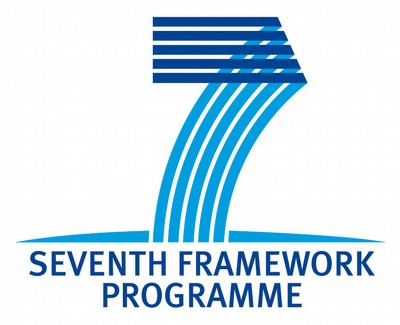For over fifty years, the understanding of the origin of the elements in the universe has been a major quest for astrophysicists and nuclear physicists. From very early on, it was realized that stars generate most of their energy through thermonuclear reactions, and that nuclei are being synthesized in stars. A lot of effort has been devoted over the years to improving our understanding of the many nuclear processes occurring in astrophysical environments. The results of these efforts, as well as the puzzles that remain, and the work that is needed, will be the topics of this dedicated workshop.
The workshop will cover aspects of stellar evolution, as well as light- and heavy-element nucleosynthesis, ranging from the state-of-the-art astrophysics models to the nuclear physics needs with special emphasis on the role and determination of thermonuclear reaction rates. The topics of the workshop, in relation with thermonuclear reaction rates, are the following:
- BBN, novae, hydrostatic and explosive stellar evolution
- compilation of thermonuclear reaction rates
- key reactions: experiment and theory
- s-, r- and p-process nucleosynthesis
- nuclear experiments: stable and unstable beams
- nuclear theory: modelling and codes, nuclear ingredients
The scientific program will include keynote presentations by invited speakers, as well as oral contributions selected from abstracts submitted through an online submission service open from 1 April 2011 until 5 September 2011.
The workshop will be limited to 50 participants and will be funded by the EC (FP7/REGPOT/LIBRA - Grant 230123). No registration fees will be charged.



